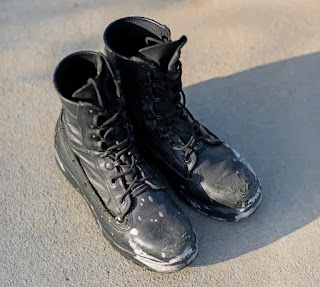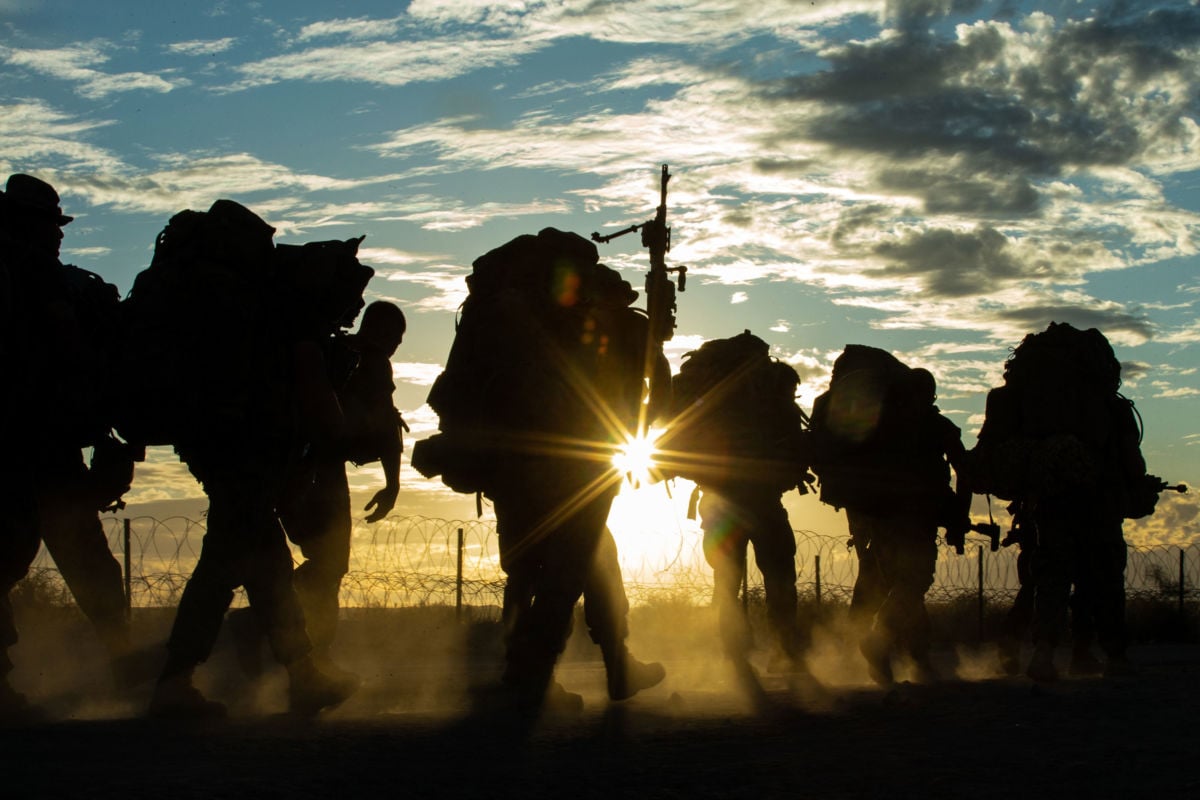Melissa Chan
NBCNews.com
Originally posted 28 APR 22
Here are two excerpts:
Crisostomo and several other George Washington sailors said their struggles were directly related to a culture where seeking help is not met with the necessary resources, as well as nearly uninhabitable living conditions aboard the ship, including constant construction noise that made sleeping impossible and a lack of hot water and electricity.
Since Crisostomo’s attempt, at least five of her shipmates on the George Washington have died by suicide, including three within a span of a week this April, military officials said. The latest cluster of suicides is under investigation by the Navy and has drawn concern from the Pentagon and Rep. Elaine Luria, D-Va., who served in the Navy for two decades.
On April 15, Master-at-Arms Seaman Recruit Xavier Hunter Sandor died by suicide onboard the George Washington, according to the Navy and the state chief medical examiner’s office. He had been working on the warship for about three months, his family said.
His death came five days after Natasha Huffman, an interior communications electrician, died by suicide off-base in Hampton, officials said.
The day before, Retail Services Specialist 3rd Class Mika’il Rayshawn Sharp also died by suicide off-base in Portsmouth, said his mother, Natalie Jefferson.
“Three people don’t just decide to kill themselves in a span of days for nothing,” said Crisostomo, who left the Navy in October 2021, on an honorable discharge with a medical condition following her suicide attempt.
(cut)
When asked about mental-health resources, Smith told sailors that the Navy would put more chaplains on smaller ships for the first time, but that it’s not easy to hire more psychologists, psychiatrists, and other mental health care workers, because they’re not “out there in abundance.”
“You can’t just snap your fingers and grow a psychiatrist,” he said, adding that the sailors should be “each other’s counselors.”
Myers said a larger Navy team is being built to assess quality-of-life conditions on aircraft carriers undergoing overhauls.
“Their recommendations will inform potential future action, identify areas for improvements, and propose mitigation strategies to optimize [quality of life],” he said.
In 2020, the most recent year for which full data is available, 580 military members died by suicide, a 16 percent increase from 2019, when 498 died by suicide, according to the Defense Department. Nineteen out of every 100,000 sailors died by suicide in 2020, compared to members of the Army, which had the highest rate, at about 36 per 100,000, Pentagon statistics show.





